Rudy Quinata will get a second bite at the freedom apple after the Supreme Court of Guam vacated his 2022 conviction for murdering Daniel Sanchez a year earlier.
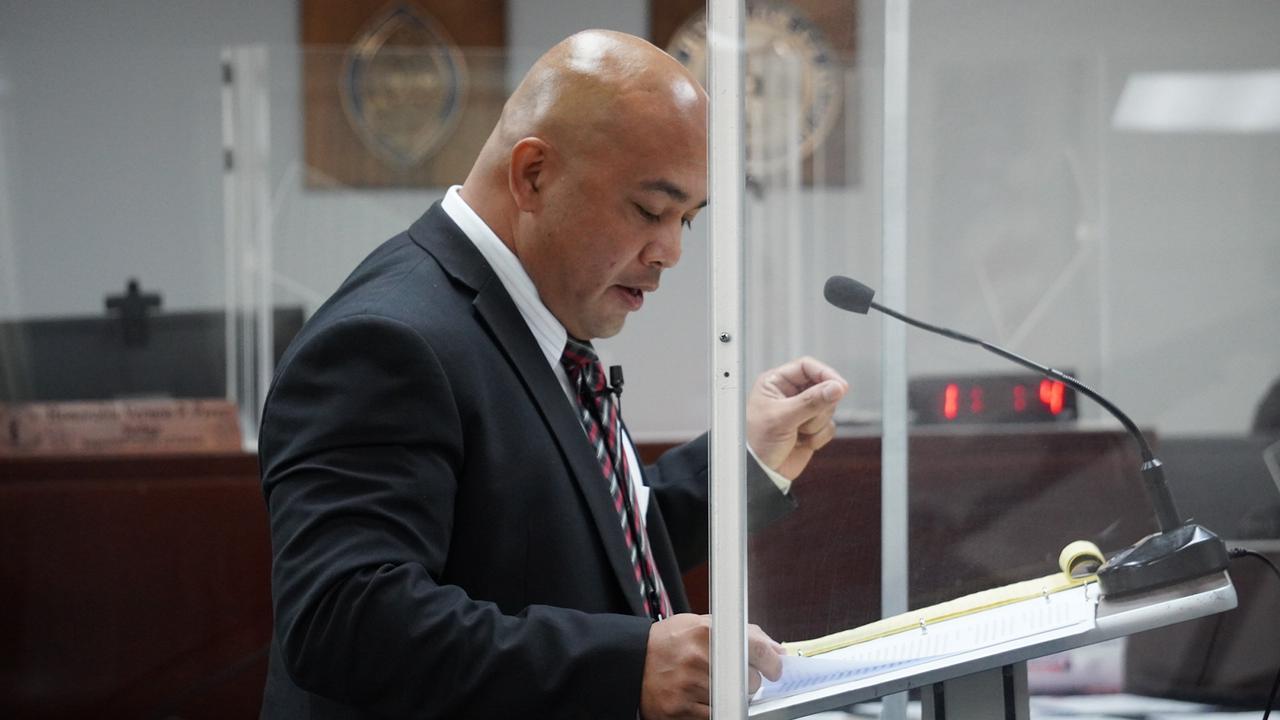
Mr. Quinata’s lawyer, Peter Santos, argued before the high court that there was insufficient evidence for a jury to have convicted his client, and that juror misconduct deprived Mr. Quinata of a fair trial.
Mr. Quinata was tried separately from Joyner Sked, a woman who was his girlfriend and also was convicted for murdering Mr. Sanchez the night of April 1, 2021. Both defendants’ theory of their case at their separate trials were that the other committed the crime.
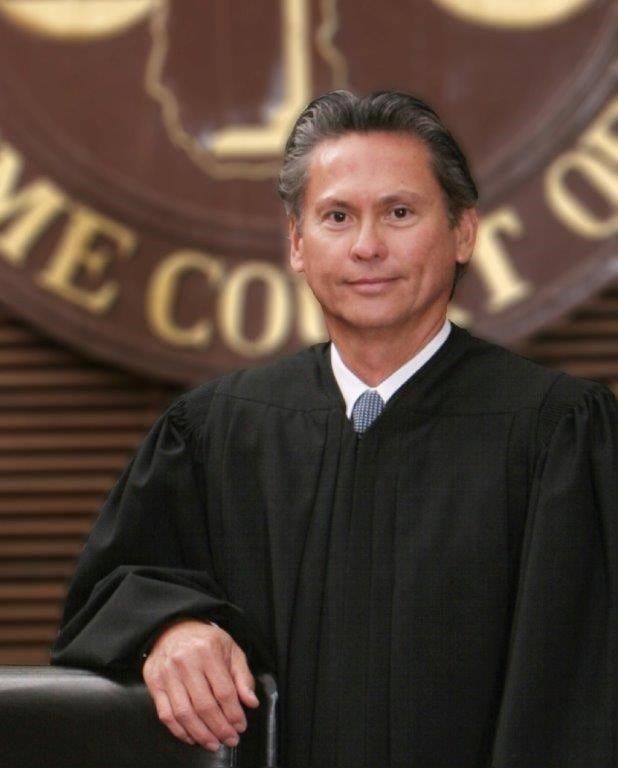
“There was sufficient evidence to support his conviction,” Justice F. Philip Carbullido wrote for the court. “However, the trial court abused its discretion in failing to hold an evidentiary hearing when presented with a plausible claim of juror misconduct. Because we cannot be sure Quinata’s right to a fair trial was protected, we vacate his conviction and remand for a new trial.”
In a separate ruling, the Supreme Court got rid of a special allegation attached to the murder conviction, and vacated her aggravated assault conviction along with the special allegation enhancement attached to it. Her murder conviction stands.
Mr. Quinata, however, may be able to convince the next jury that while he was at the scene of the crime, Ms. Sked was the lone murderer.
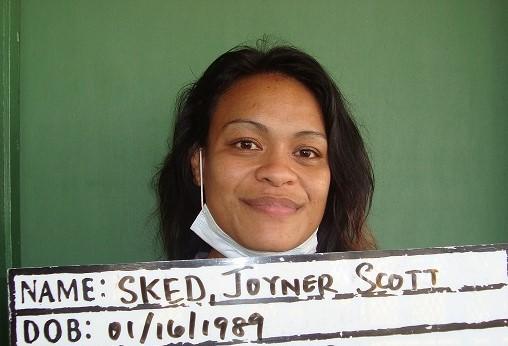
“At trial, Quinata’s theory of the case was that Sked was the true killer because ‘she’s a psychopath … and … the type of person that would permit a heinous crime like this,” Mr. Carbullido recounted of the trial court proceedings.
According to Mr. Santos, Quinata’s attorney, the jury in the case was on the verge of deciding Mr. Quinata was not guilty until one of the jurors allegedly committed misconduct.
“I can say that what wasn’t cited from the reporting juror was the juror reported that upon the first mention of Mr Quinata’s former incarceration was that initially the jury was 9 voting not guilty to 3 voting guilty and then a sudden shift after that extraneous information was shared,” Mr. Santos told Kandit.
He added, “At the end of the day, we want a fair system, no matter the outcome. The reporting juror is to be commended. What the juror with extraneous knowledge should have done was to request to be excused.”
Mr. Carbullido, writing for the court, explained the facts of the case from the night of the murder through a period immediately following Mr. Quinata’s conviction by the jury. Part of the facts Mr. Carbullido presented included the forensic pathologist’s admission on the witness stand “that Sanchez’s wounds could have been inflicted by a woman in her twenties.”
The meat of the decision, however, rests on facts surrounding the jury’s deliberations once the trial court judge gave the case to the jury with specific instructions. Among those instructions were that they could only consider the evidence and testimony allowed during the trial.
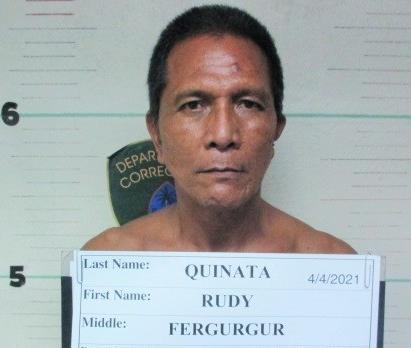 Among the facts prejudicial to Mr. Quinata and therefore not allowed at his trial as evidence was that he was already a convicted felon.
Among the facts prejudicial to Mr. Quinata and therefore not allowed at his trial as evidence was that he was already a convicted felon.
According to Mr. Carbullido:
“A day after the jury reached its verdict, one of the jurors emailed the Jury Commissioner … and reported that during deliberations, another juror had mentioned that he knew Quinata had been incarcerated because he recognized Quinata from a ‘goodwill game’ involving people from the Department of Corrections. Thus, the jury was aware that Quinata had a previous conviction. According to the email, after the disclosure of Quinata’s criminal history, the foreperson reminded the jurors that their verdict should be based only on the facts and testimony presented. Despite the foreperson’s admonishment, the same juror referenced Quinata’s criminal history at least three more times.”
The trial court held a non-evidentiary hearing as a result of the report, heard Mr. Quinata’s argument that this misconduct by the juror prejudiced him, and the court ruled that any harm against Mr. Quinata was “cured” by the foreperson’s admonishment.
“When alleged juror misconduct involves the ‘possession of extraneous information[,] … a defendant is entitled to a new trial if there is a reasonable possibility that the extrinsic information could have affected the verdict,'” Mr. Carbullido wrote, referencing a 2002 Supreme Court of Guam decision.
The Supreme Court in that case, cited as Castro 2002 Guam 23, ruled that once a trial court becomes aware that the jury “possessed extrajudicial information, it is required to hold a hearing to determine ‘the probable effect of the information on the jury, the materiality of the extraneous material, and its prejudicial nature,'” Mr. Carbullido wrote.
These are the hearings, where the trial court hears testimony from the jurors and determines “the precise nature of the extraneous information,” Mr. Carbullido quoted, referencing a 1981 case decided by the Ninth Circuit Court of Appeals.
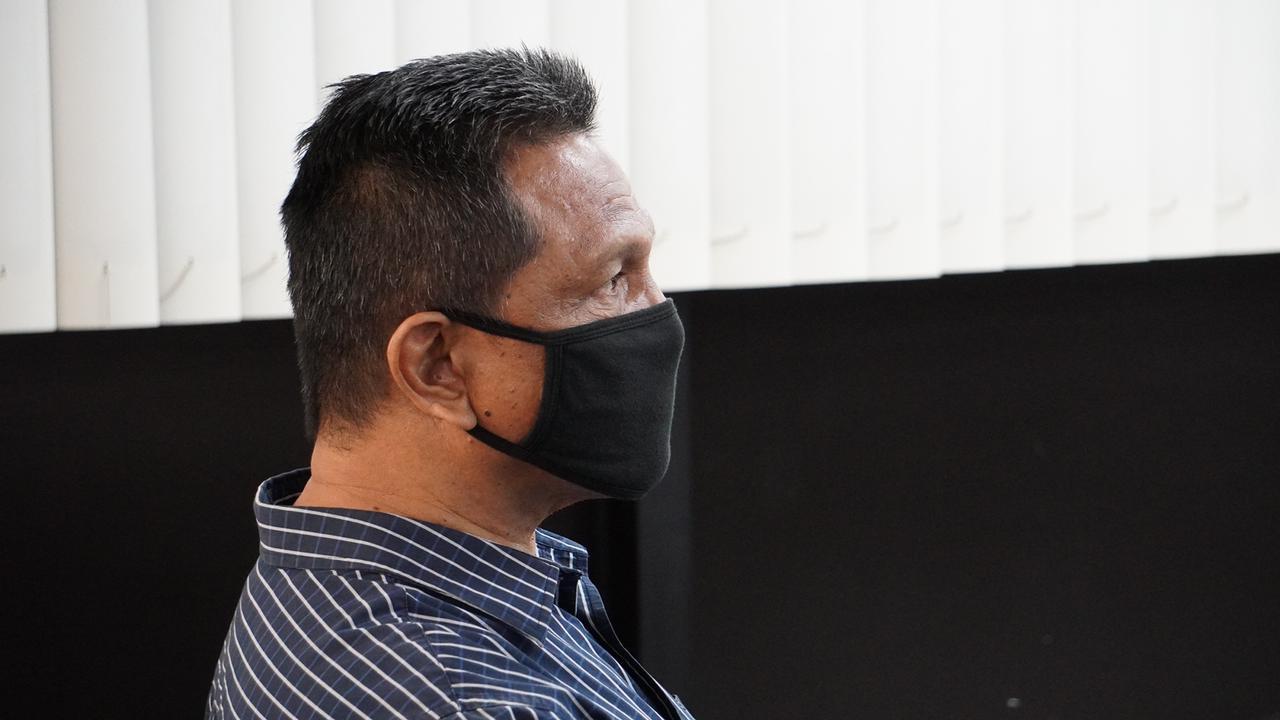
“[T]he trial court abused its discretion by not holding an evidentiary hearing,” Mr. Carbullido wrote, adding further down in the decision, “Having concluded that failing to hold an evidentiary hearing was an abuse of discretion, we must now determine the proper remedy.”
One of those remedies could have been to remand the case to the trial court for an evidentiary hearing to be held. That would require gathering the original jurors and relying on their memories.
“Here, over a year and a half has passed since the jury was dismissed,” Mr. Carbullido wrote. “We are not convinced that trying to gather the jurors back after so long to have them recall specific details of their conversations during deliberations would satisfy the demands of justice. As we cannot be assured Quinata received a fair trial, we vacate his conviction and remand for a new trial.”
And while the Supreme Court of Guam gave Rudy Quinata a new trial, it is what the court wrote about the original jury’s murder conviction itself that may give him hope for his freedom: “The People may not have presented an unassailable case of murder, but they provided a sufficient one.”
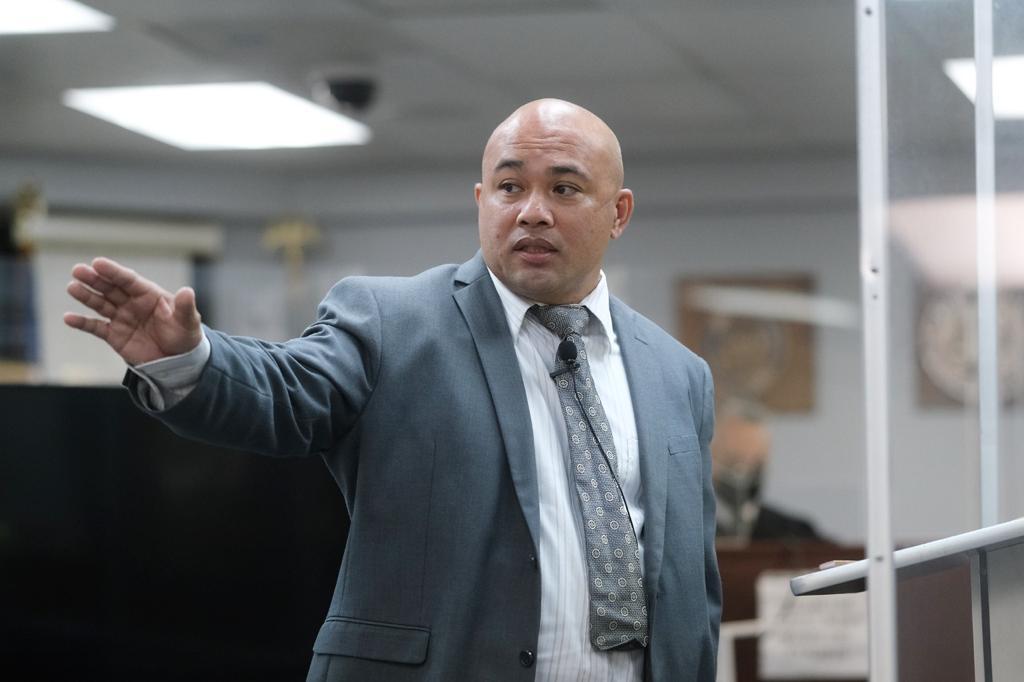
“The Supreme Court’s opinion acknowledges that the government’s case was a weak circumstantial case but still legally sufficient, however the misconduct of a juror was not examined and so it cannot be certain the misconduct didn’t deprive Mr. Quinata of a fair trial,” Mr. Santos said in reaction to the Carbullido opinion.





